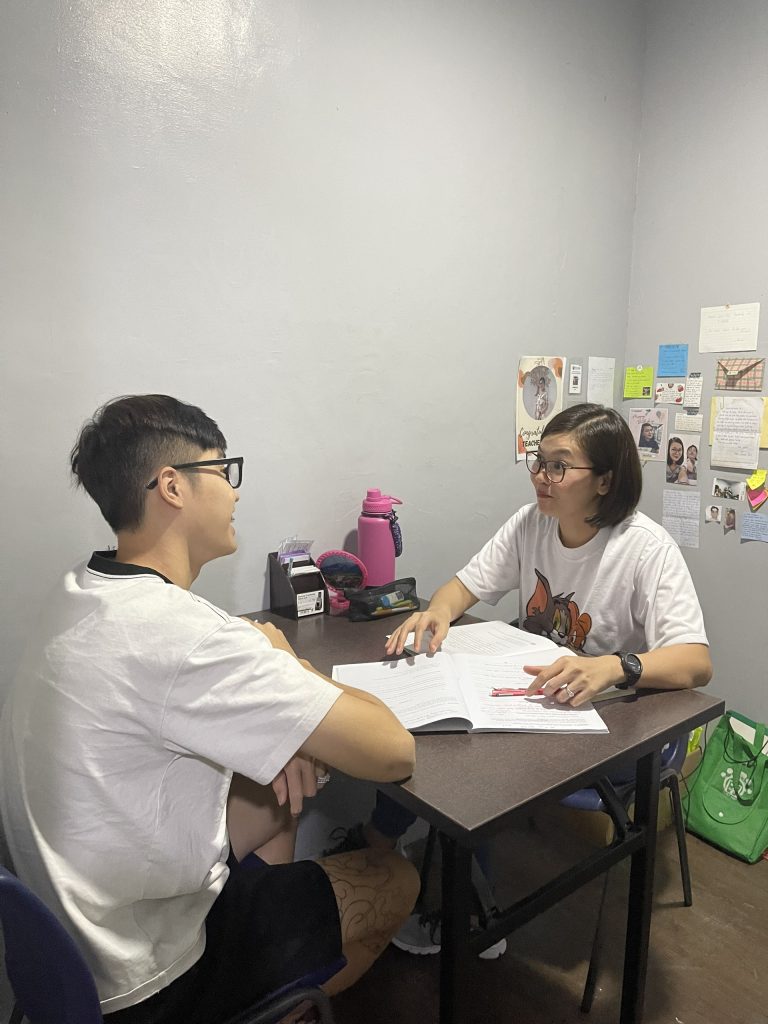Unlocking English Mastery: Balancing Self-Study with the Study in Classroom (Part 2)
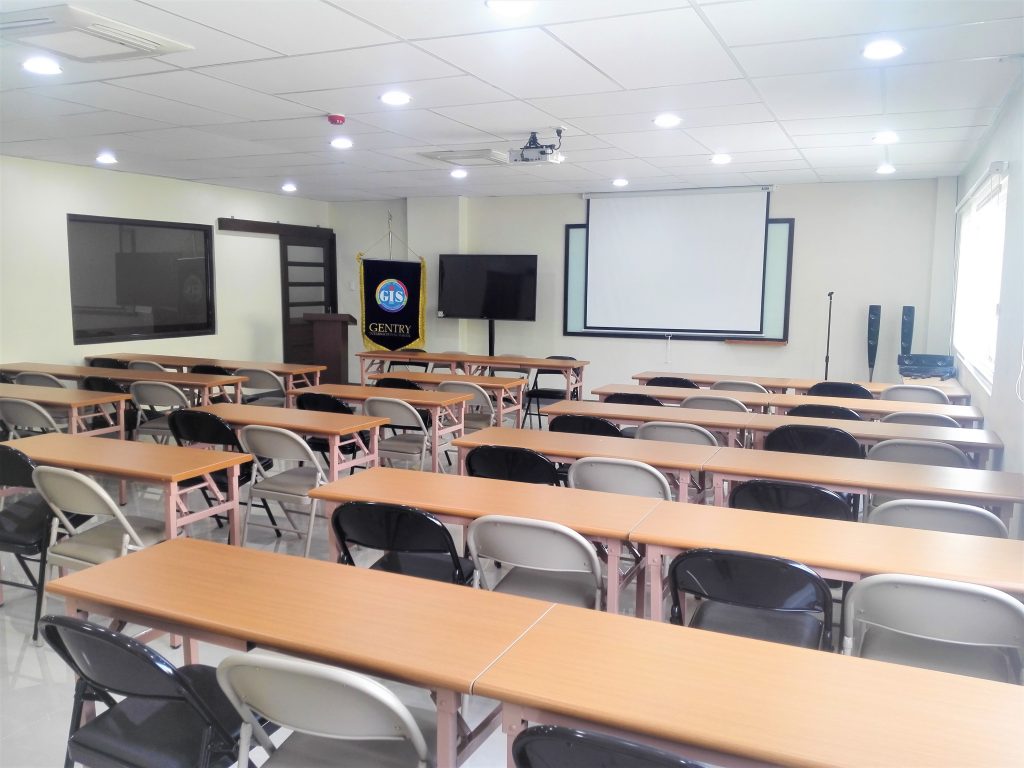
Welcome back to our comprehensive guide on studying English in the Philippines! In part one, we discussed the importance of self-study and shared expert tips to help you effectively enhance your language skills outside the classroom. Now, we’ll delve into how to harmonize self-study with formal classroom education to achieve English mastery.
6. Keep a Vocabulary Journal
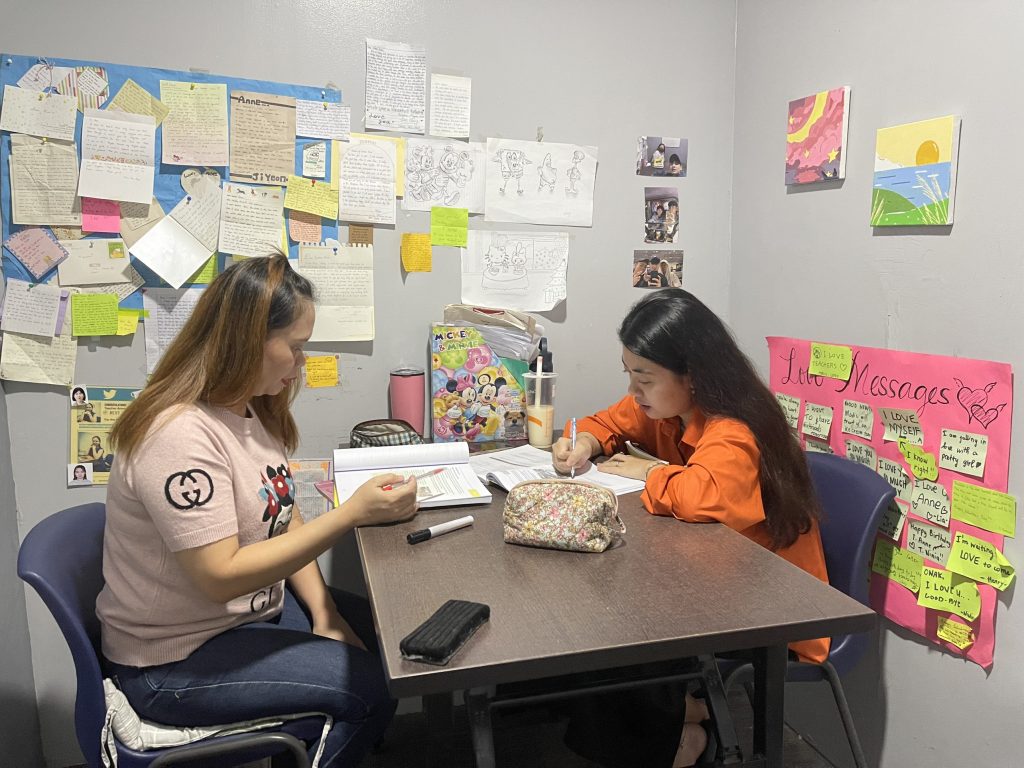
Maintaining a vocabulary journal is a valuable practice to expand your language proficiency. During your stay in the Philippines, you’ll encounter numerous new words and phrases. Record them in your journal, along with their meanings and example sentences. Regularly review and practice these words to reinforce your vocabulary. Over time, you’ll notice a significant improvement in your language skills.
7. Focus on Grammar and Writing
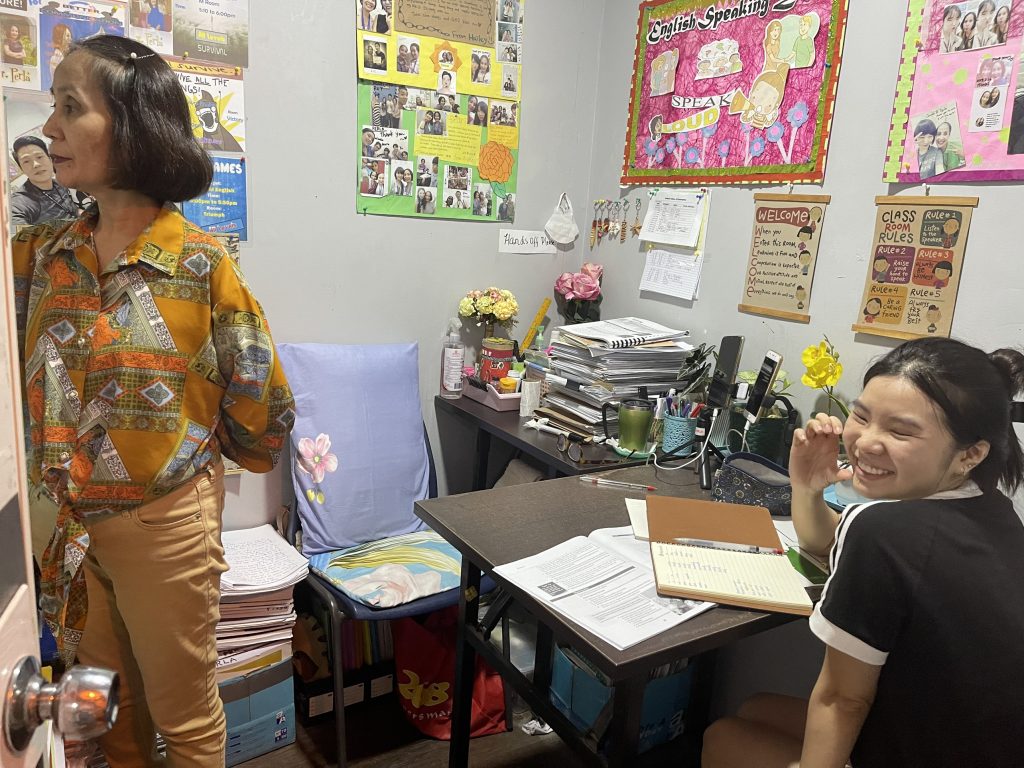
Effective communication involves not only speaking and listening but also writing. Pay careful attention to grammar, sentence structure, punctuation, and writing style. Practice by writing essays, articles, or even a daily journal in English. This hands-on approach allows you to apply the rules and principles you learn in your formal classes, reinforcing your understanding of the language.
8. Embrace Reading as a Tool for Improvement
Reading is an exceptional way to enhance your vocabulary and comprehension. As you study in the Philippines, immerse yourself in English books, newspapers, magazines, and online articles on topics that interest you. Reading not only introduces you to new words and phrases but also exposes you to different writing styles and contexts. It’s an enjoyable and educational way to advance your language skills.
9. Regular Self-Assessment
Regularly assessing your progress is crucial for tracking your improvement and identifying areas that need further attention. Take practice tests or quizzes to evaluate your language proficiency. If your goal is to excel in standardized English proficiency exams like IELTS or TOEFL, official practice materials and sample tests are invaluable. Use these assessments as benchmarks to measure your development.
10. Form or Join English Study Groups
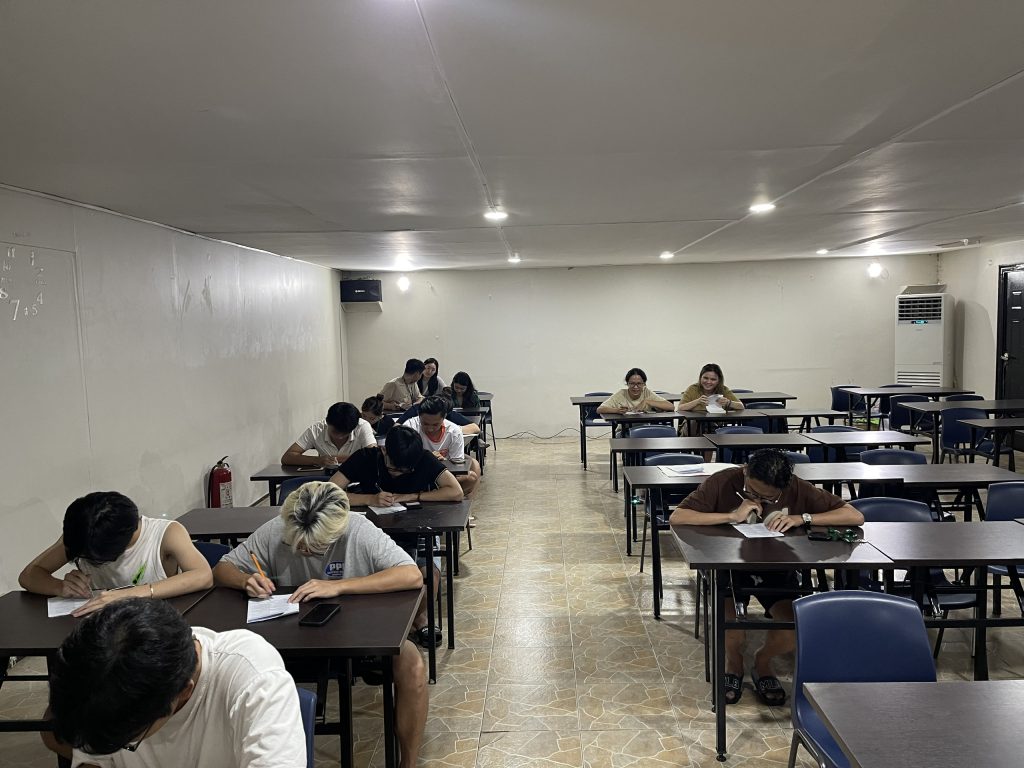
Self-study can sometimes be a solitary endeavor, but it doesn’t have to be. Form or join English study groups with fellow students who share your dedication to self-improvement. Engaging in group discussions and collaborative learning can create a supportive community where you can discuss challenging concepts, practice speaking, and exchange ideas. It’s an excellent way to gain insights from others and stay motivated.
By striking a balance between self-study and formal classroom education, you’ll find that your journey to English mastery becomes more efficient and rewarding. In our final guide, we’ll explore the role of language immersion and cultural engagement during your time in the Philippines. Discover how embracing the local culture can enrich your language learning experience and make your stay truly unforgettable. Stay tuned for part three of our comprehensive guide to studying English in the Philippines!to studying English in the Philippines!


